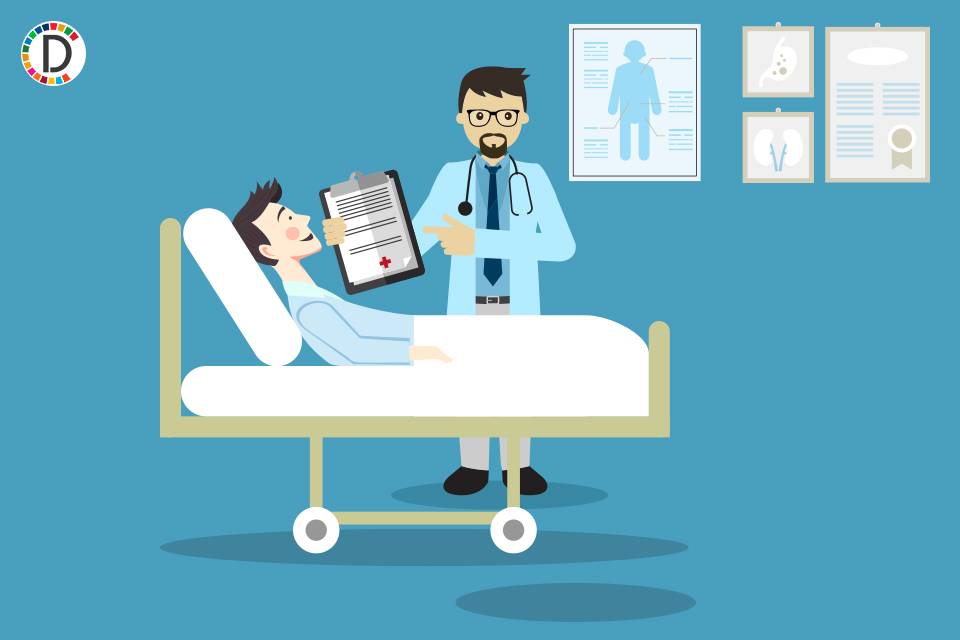WHO adds GLP-1 drugs for diabetes, others to essential medicines list
“High prices of medicines like semaglutide and tirzepatide are limiting access to these medicines,” the WHO statement added, saying that encouraging generic drugmakers to produce the product would also help when patents begin to expire on the drugs next year. A spokesperson for Novo Nordisk said the company was committed to supporting broader access to its treatments.

The World Health Organization has added GLP-1 drugs to treat diabetes to its essential medicines list alongside treatments for cystic fibrosis and cancer, and said it hopes this will help improve global access to the costly drugs.
The list, consisting of 523 medicines for adults and 374 for children, is a catalogue of the drugs the WHO believes should be available in all functioning health systems. In the past including a drug has helped boost access for people in poorer countries, such as for HIV treatments in the early 2000s. "Rather than letting price be a disqualifying factor, the committee views inclusion in the essential medicines list as a potential catalyst for access," Dr Lorenzo Moja, head of the WHO secretariat overseeing the list, told Reuters.
The expert committee added the active ingredients in Novo Nordisk's Ozempic and Eli Lilly's Mounjaro to the list, to treat type 2 diabetes in conjunction with established cardiovascular disease, chronic kidney disease or obesity. The drugs were initially developed for diabetes but have become wildly popular weight-loss drugs too, under different brand names, but the WHO stopped short of adding them to treat obesity alone, as it also did in 2023.
The committee said this decision provided clear guidance on which patients would most benefit from the therapies. "High prices of medicines like semaglutide and tirzepatide are limiting access to these medicines," the WHO statement added, saying that encouraging generic drugmakers to produce the product would also help when patents begin to expire on the drugs next year.
A spokesperson for Novo Nordisk said the company was committed to supporting broader access to its treatments. Several companies are already working on generic copies.
Globally, there were more than 800 million people worldwide living with diabetes in 2022, the WHO said. There are also more than 1 billion people with obesity. Earlier this year, a WHO memo said it would recommend the use of the drugs for obesity, a separate step to adding them to the essential list. The list also includes Vertex Pharmaceuticals' combination therapy for cystic fibrosis, Trikafta or Kaftrio. Activists have criticised its high price and lack of accessibility for years.
It also includes Merck's top-selling cancer immunotherapy drug, Keytruda, for the treatment of cervical cancers, colorectal cancers, and non-small cell lung cancers that have spread, or metastasized and recommended strategies to increase access. The WHO also added rapid-acting insulin analogues, also made by Novo Nordisk and Eli Lilly, among others, to the list for treating type 1, type 2 and gestational diabetes.
(This story has not been edited by Devdiscourse staff and is auto-generated from a syndicated feed.)










